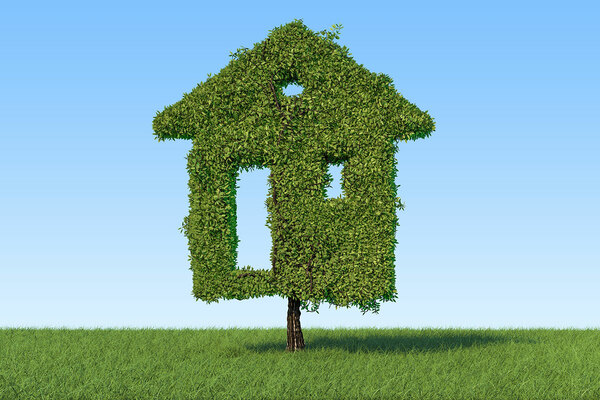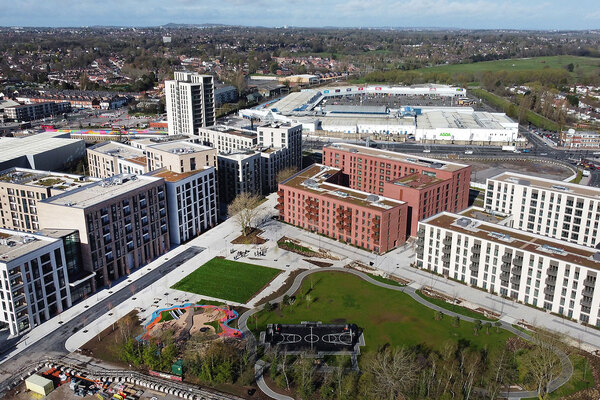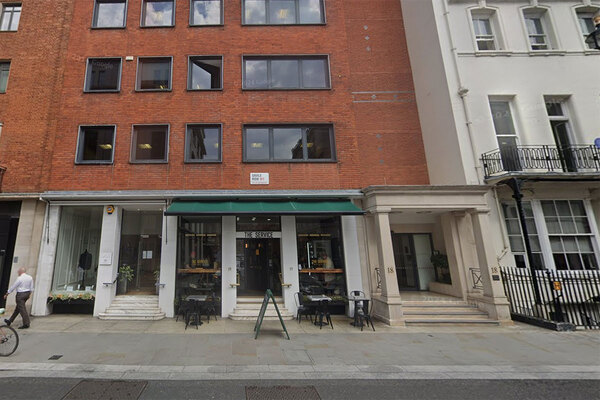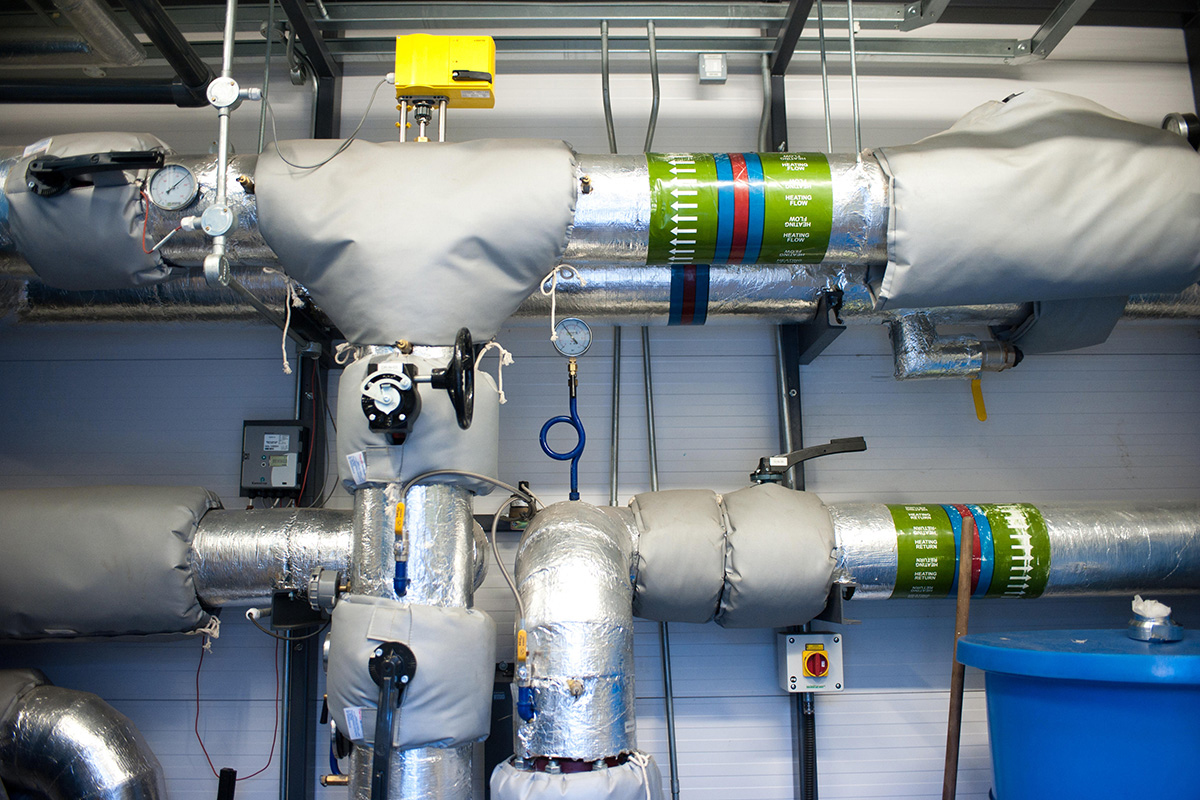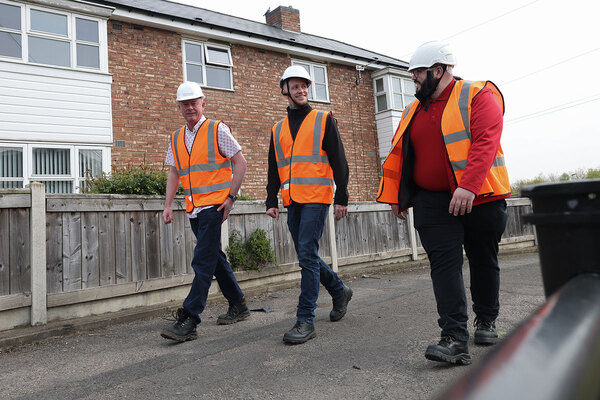You are viewing 1 of your 1 free articles

Time for a green housing revolution
If the UK is to achieve net zero it needs to make urgent changes to its housing stock to prepare, writes Jonathan Marshall
Ever-rising carbon emissions, temperatures and sea levels are a cause of concern in all corners of the world – not least in the UK, where we are experiencing more devastating floods, storms and heatwaves.
In simple terms, the only way to stop the situation getting worse is to cut carbon emissions to net zero – reducing emissions as much as we can, then offsetting the little that is too difficult to abate by either planting trees or using technology to suck CO2 out of the atmosphere.
In the UK at least, we have made reasonable progress to date, cutting CO2 output by more than 40% since 1990. However, climate change will not stop unless emissions cease. The UK is on a mission to reach net zero by 2050. This increased ambition will see focus turn to all sectors of the economy.
One of these is domestic housing, particularly how we keep warm. Heating our homes accounts for around one-seventh of overall UK emissions. And while other areas of the economy are cutting carbon output, the amount of climate-warming gases produced from our homes has actually increased since 2014.
Britain’s homes, unfortunately, are up there with the leakiest in Europe, meaning that much of the heat we generate escapes through walls, windows and ceilings into the cold winter night.
This is clearly not only bad for those lumped with paying for energy bills, but also for the climate, as more fossil fuels are burnt than would be if our houses kept the heat in.
“Britain’s homes, unfortunately, are up there with the leakiest in Europe, meaning that much of the heat we generate escapes through walls, windows and ceilings into the cold winter night”
2020 is when, at last, we can expect action to end the plight of leaky homes. The Conservatives have promised to deliver a plan to tackle emissions from our homes, with higher efficiency at its core. The opposition parties also supported these ideas – both Labour and the Liberal Democrats have offered bold action in their manifestos.
More efficient homes will lead to lower bills, lower carbon emissions, lower fossil fuel imports and more pleasant lives. It’s a no-brainer that governments have dodged for years. Wide-ranging insulation schemes have been aired early in the election campaign, highlighting the importance in upgrading our houses.
With 27 million homes in the UK, this is no easy task. But it is made harder by the construction of new properties that are not up to scratch. Just 1% of new build homes achieve the highest energy efficiency rating, with many still below Energy Performance Certificate Grade C, widely seen as the absolute minimum standard.
Having lobbied down the Zero Carbon Homes policy, which was set to come into effect in 2016 and would have ensured that all new homes in England were efficient and green, the UK housebuilding industry has collected bumper profits while throwing up homes that are adding to the climate crisis.
The latest government data shows that new houses produce 1.66 tonnes of CO2 per year, and new flats 1.31 tonnes. From 2016, this should have been zero. These extra emissions are only making the task of stopping our national contribution to climate change more difficult.
However, with action due to start from 2025 under the Conservatives, this scandal should be short lived. Picking off the lowest-hanging fruit – new builds – before moving on to existing homes should start to bring down emissions from British homes.
For millions of families asking what they can do to help, guidance on how to cut carbon from domestic life would be an easy first step.
Hopefully, therefore, 2020 is the year in which Britain’s housing stock starts to be improved for the better. With lower bills and lower emissions the prize, there should be no stopping the green housing revolution.
Jonathan Marshall, head of analysis, Energy and Climate Intelligence Unit
